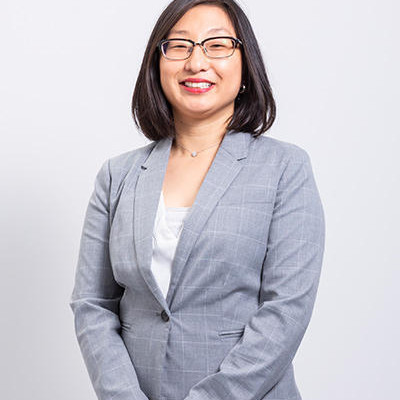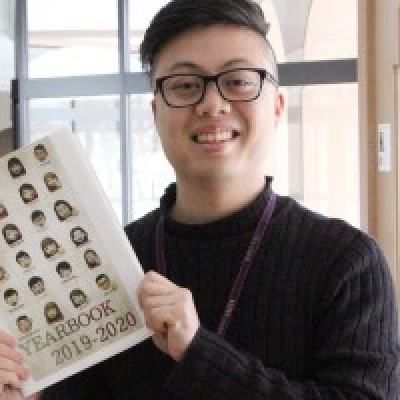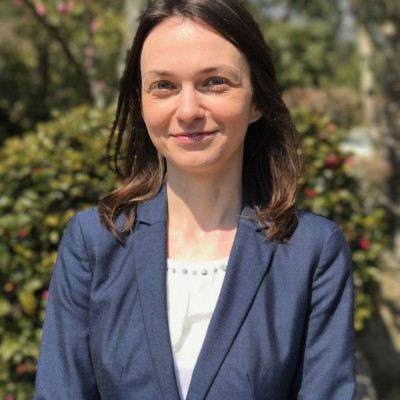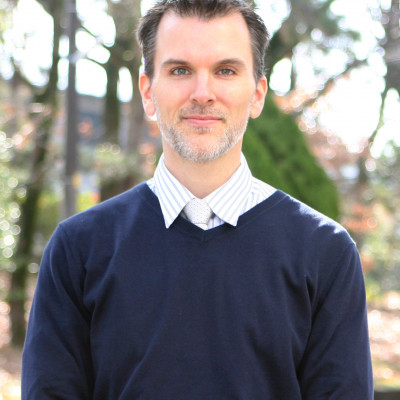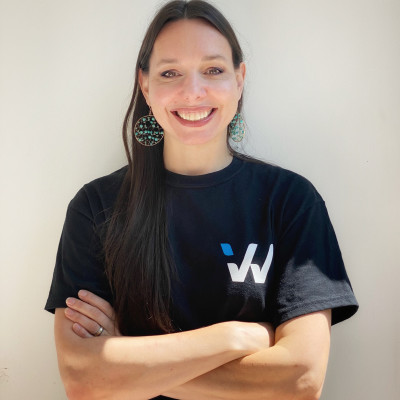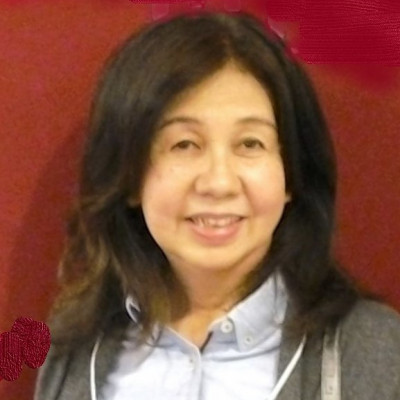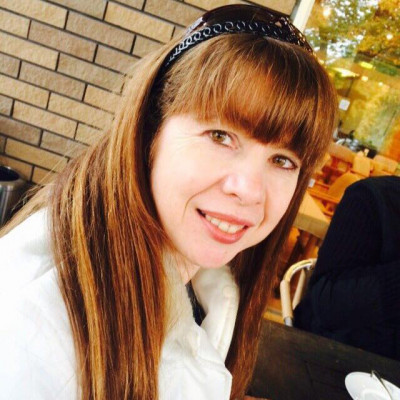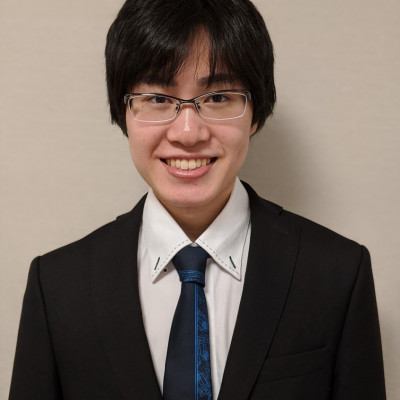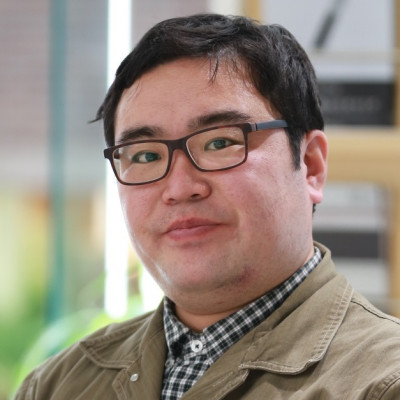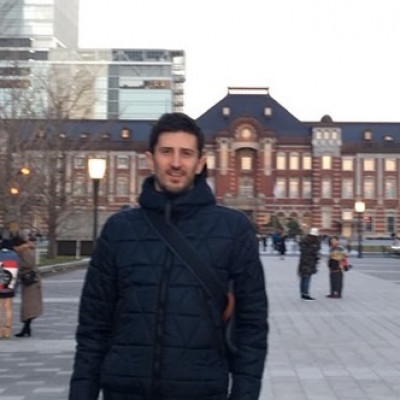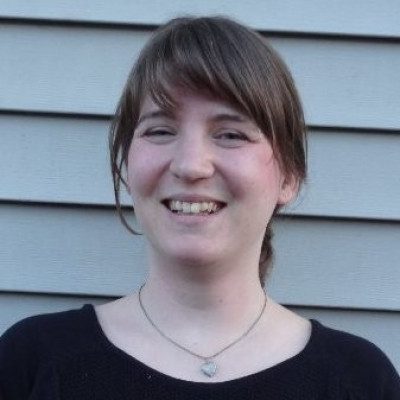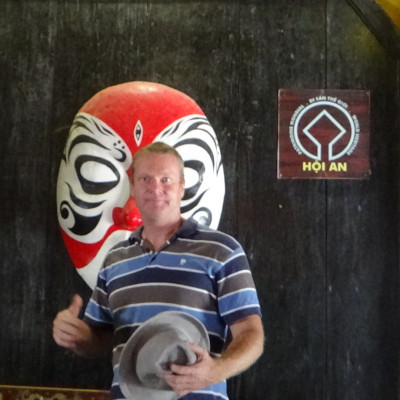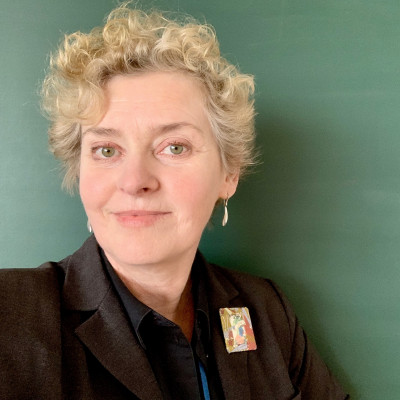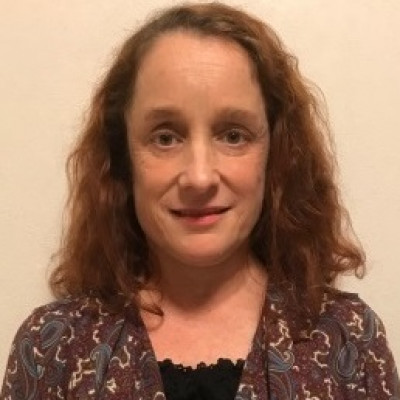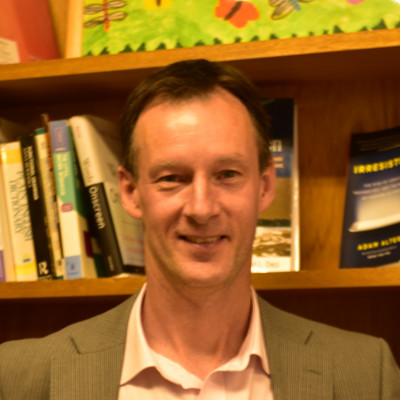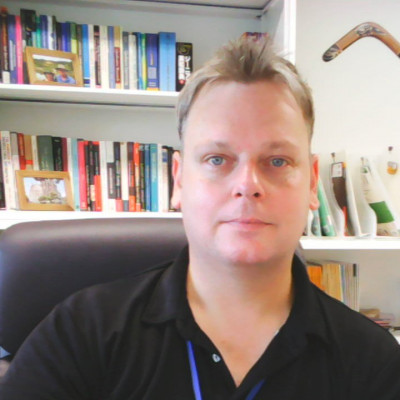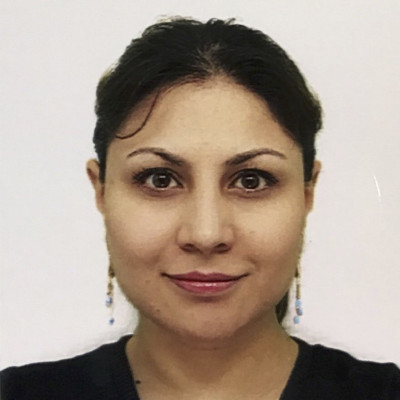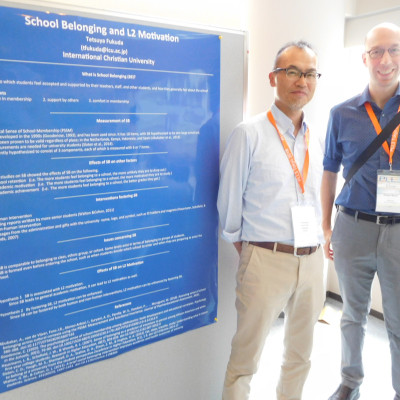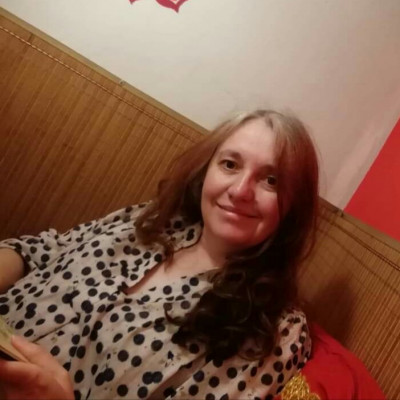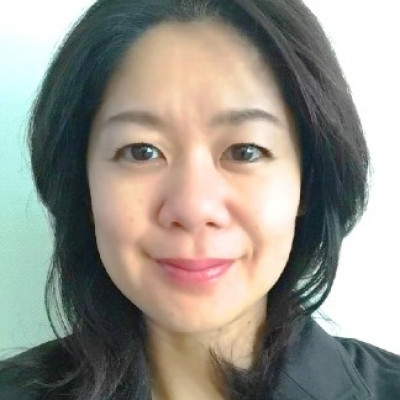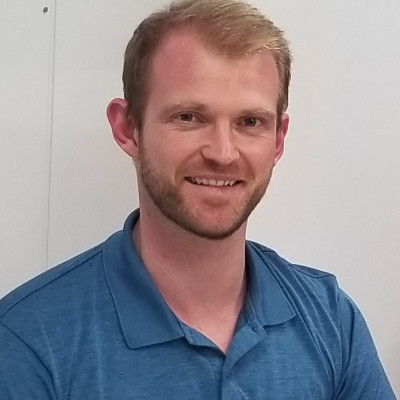Schedule Go Compact (displays all)
You can use Quick Lookup to quickly find sessions. But best is to use the LIVE SCHEDULE during the conference itself.
Cancelled Online intercultural exchange among Asian college students #1755
This presentation analyzed the conversation patterns of Japan and Korean college students and the difficulties they confronted during an online intercultural exchange. The Asian students were able to lower their anxieties about speaking English through dialogues with each other and could engage in larger discussions with a real audience.
ZPD@CUE #1785
This session is a special conference version of the JALT ZPD (Zoom for Professional Development) and will be led by JALT President and CUE member, Dawn Lucovich. The ZPD is a space to meet new people, discuss topics of mutual interest, network, share teaching tips, and find research collaborators. It is an informal session with themed breakout rooms (some facilitated, some unfacilitated). Breakout room topics will include: New to CUE (for first-time conference attendees, and new and prospective JALT members), Online Teaching, Hybrid Teaching, Face-to-Face Teaching, Technology and Teaching, Publishing, Research, Graduate Students, and more.
Welcome to the JALT CUE 2021 Conference (Video) #1804
VIDEO: A special video welcome message from the conference co-chairs, Mary Hillis and Robert Dykes. Thank you for joining the JALT CUE 2021 Conference!
Lounge #1796
Continue the discussion after a presentation or catch up with your colleagues by joining one of the lounge breakout rooms.
Developing materials for learning STEM vocabulary #1741
Although technical vocabulary is prevalent in specialized texts, relevant learning resources are limited. The presenter will discuss the principles used to develop technical vocabulary materials for two STEM disciplines: computer science and chemistry. Selected samples will be shown. Participants will leave with some ideas for writing their own materials.
Creating an Asynchronous Classroom Community for Freshmen Students #1743
For the past two years, first-year students have expressed concerns about making new friends at school while learning online or wearing masks and socially distancing from each other. This presentation gives an example of an asynchronous classroom that provided ample opportunities for communication which created closer relationships among the students.
Self-efficacy and Attribution for Speaking in Japanese Universities #1757
This presentation analyzes potential correlations between self-efficacy and causal attributions for speaking in a public Japanese university. The study was conducted with first and second year students and sought to analyze their capability beliefs before taking a speaking test, and attributions for perceived success or failure after receiving the result.
EAP Online Writing Templates for Teaching #1786
Sponsored by mangoSTEEMS
Often in focusing on language acquisition, students focus on the smaller aspects of written composition, such as sentence structure or getting their verb tenses correct; however, for success in English for Academic Purposes (EAP) contexts, students also need to understand the genre of the academic essay and the logical flow that readers of English academic writing are expecting. This talk introduces English composition teachers and EAP teachers to the EssayJack software as a resource for teaching the expected structure for English writing. (Sponsored by mangoSTEEMS)
EFL teachers’ experiences with neurodiverse students and self-efficacy for inclusive practice in Japanese universities #1759
This presentation is based on a narrative research study that explored English teachers’ experiences with neurodiverse students (those with dyslexia, ADHD, and autism) and their reported levels of self-efficacy for inclusive practice. Findings indicated that teachers lack both training and self-efficacy. The presentation concludes with evidence-based advice for improving practice.
Using data-driven learning to discover patterns of grammar and collocations #1762
This presentation will introduce the Contemporary Corpus of American English(COCA). It will focus on how to do basic searches for grammatical and collocation patterns. It will further focus on how to create materials to be used in class. These materials can be used to help students get used to doing searches for themselves.
LINE Messenger as a Learning Tool for the Classroom #1773
The presenter proposes a preliminary guide on using the LINE application as a viable and effective supplementary tool in the classroom for learning and communicating in English for different types of language learners. Several example activities and uses for the classroom will be presented.
Using IXL to Supplement English Language Learning #1779
The benefits of the IXL.com website and how it was incorporated into mandatory English grammar classes for university students will be explained, along with a thorough demonstration of the website.
Practical and Cognitive Benefits of Paper-based Materials in Online EFL Class #1740
This study discusses the significance of paper-based textbooks in online English classes. Survey results from 97 undergraduates report that paper-based textbooks facilitate students’ learning, bring them a sense of togetherness with a teacher and classmates, and bridge the gap between real and virtual learning spaces.
Does Peer Review Facilitate or Impede Legitimate Scholarship? #1748
VIDEO: In an age of misinformation, peer review should facilitate, rather than restrict, access to quality research. This presenter will describe her successes and challenges during four ELT peer review processes. Her conflicting experiences raise questions about the extent to which peer review encourages legitimate scholarship and supports academic freedom.
The effect of relationship closeness on EFL learners’ use of emoji #1751
This study is on the use of emoji in Japanese EFL learners’ online discussion via the LINE messaging platform. Specifically, the study focuses on the influence of relationship closeness on learners’ use of emoji. The study finds a higher rate of emoji use between participants who are distant.
Neurodivergent learner’s professional development through EFL: An autoethnography #1760
This paper presents holistic issues of neurodivergent EFL learners’ growth with autoethnographic methods from the neurodivergent author's EFL experiences. He pursued a master’s degree using English in Japan and is now working in an international environment. This presentation reveals environmental and motivational factors involved in the students' professional development.
Students making quizzes to engage actions of thought and depth of knowledge #1739
This presentation outlines two tasks in which learners critically engaged in inquiry through the crossing of the cognitive process dimensions of Bloom's Taxonomy with Webb’s Depth-of-Knowledge. L2 learners collaborated to identify these traits in reading questions and then designed reading quizzes with questions of their own within this framework.
Creating a LINE Chatbot for Project-Based Learning #1746
This practice-oriented presentation will provide an overview of a LINE chatbot project taught in a university project-based learning course. The presenter will review the assignment and demonstrate the final expected product. Attendees will be provided with step-by-step instructions on how to create and customize their own LINE chatbot.
Mastery Experiences at the Appropriate Level #1750
Is my class too hard? Is it challenging enough for students? These are questions that may better be answered by a student’s self-efficacy rather than English proficiency alone. This idea is explored through student perceptions of an English communication class as a Mastery Experience.
Communication issues for foreign students in Japan #1753
This presentation uses qualitative interview data from three second-year students studying at a mid-level university in Tokyo. It attempts to identify factors affecting the participants’ communication in different settings. This presentation may be of interest to teachers who find they have foreign students in their classes/faculties.
Neurodiversity and Mainstream University Classrooms #1780
Students with hidden neurodiversities such as ADHD, reading and writing disorders, and other learning barriers, are in every classroom. Because they often react differently, compared to neurotypical students, they can be labeled as problems. If these students leave education early, the health, economic and social consequences for them are profound.
Burke has spent thousands of hours team teaching. In that time, she has closely observed classroom interactions and talked with students about which activities and methods increase their autonomy and confidence, and noticing which created barriers for neurodiverse students. Based on wide reading of international best practice on inclusive teaching and in collaboration with Japanese colleagues, she has trialed a number of culturally appropriate changes to teaching methods and classroom management practices that promote inclusion.
Using Edzil.la to organize your own event #1806
Gary and Steve will have an informal discussion about using Edzil.la for you own conference. If you have any questions or would like to use the platform, please feel free to join us.
Lounge #1797
Continue the discussion after a presentation or catch up with your colleagues by joining one of the lounge breakout rooms.
Learner Perspectives in an Online Self-Access Lounge #1742
Zoom Chat with Teachers (ZCT) is a self-access conversation lounge which offers an opportunity for informal communication and English practice outside the classroom. This presentation analyzes the program focusing mainly on the students’ perspective, suggesting ways to implement or improve such online programs even after the pandemic has passed.
The Future of Critical Thinking at College: Countering Cognitive Bias #1749
Consideration of cognitive biases is a key issue for future critical thinking instruction at the college level. Research indicates the need for teachers to understand cognitive biases and how to deal with them. This presentation explains practical ideas for teachers to address cognitive biases in their critical thinking instruction.
Assisting in Transition: Translanguaging for New University Students #1776
This presentation will outline the results of a survey given to 2nd year Japanese University students about their transition from HS to university EFL classes. Then, results of a project that incorporated Translanguaging in the University EFL classroom will show that allowing students L1 in the classroom assisted students' to comfortably transition into communicative classes.
Increase interaction with a flipped classroom approach #1788
Sponsored by Oxford University Press
In this session we will look at the benefits of combining synchronous with asynchronous learning, including increased language use and student autonomy. We will also view some online materials from Q: Skills for Success which support a flipped classroom, saving educators valuable preparation time. (Sponsored by Oxford University Press)
Producing A Podcast During The Pandemic #1744
Starting a podcast has made it possible for students to communicate with people around the world. We will demonstrate why podcasting is a great way for students to practice and use English in a fun and authentic way. Come and learn how you can start something similar at your school.
Using Corpora as a Consolidatory Resource and Tool #1754
This presentation looks at one example of the fluidity of syntactic functionality and how we should always approach grammar in a descriptive rather than prescriptive way. Teacher intuition is not always reliable, and the technology today allows for professionals to build their explicit knowledge of authentic language in a way which is immediately beneficial.
COIL and EMI Support at Japanese Universities #1771
In recent years, the number of Japanese universities implementing Collaborative Online International Learning (COIL) is increasing. This presentation attempts to discuss the ways COIL can support English-medium instruction (EMI) programs at Japanese universities.
Peer Review not Assessment #1772
In classroom settings, students often complete similar tasks and face similar difficulties. When students overcome obstacles, encourage wider thinking, or help other students strengthen their work through peer review, teachers should take note. This knowledge and these actions are valuable resources worth utilising. This presentation will inform attendees of some of the peer review methods and results that the presenter has successfully used and noticed.
Report of Students’ Studies on Online Classes #1747
In a writing course of the English program at a Japanese university, four students conducted surveys to investigate how university students perceived online classes. The students wrote a 2000-word paper reporting their research. Their results indicated that not all the students preferred to take face-to-face classes.
Thinking Logically for Reading Comprehension #1758
This presentation will detail the design, creation, and implementation of a logical thinking skills-based reading comprehension project book in a large private university first year reading and writing course. Early results showed that average student scores were positively impacted by the introduction of the logical skill reading comprehension project book.
I, Chameleon: Curriculum Ideology and the College English Educator in Japan #1770
This presentation explores the effects of COVID-19 on curriculum ideology which consists of social efficiency, scholar academic, learner-centred, and social reconstruction. It uses White’s theory of culture to explain the “chameleon teacher” phenomenon and why teaching ideologies change. An online test of curriculum ideology is proposed.
Making the most of online learning: student reflections & teacher responses #1775
This presentation focuses on student experiences of remote learning. It outlines a three-step information gathering process: exit cards, a qualitative survey of reflections, and a Google Forms survey to quantify experiences across the department. The research provides insight into students’ attitudes to remote-learning and highlights the benefits of student involvement.
Implementing Fluency Activities in the English Classroom: Verbal Classrooms #1769
This presentation will showcase an approach called Verbal Classrooms, which develops fluency via drills that take participants from the most basic aspects of speaking English (as opposed to studying it) through to the point of being able to engage in unrehearsed conversation. It is informed by Skills Acquisition Theory.
An analysis of cultural patterns of communication style between Japanese and international university students #1774
Graduate Student Showcase presentation
The presenter is analyzing cross-cultural communication between Japanese and international students at university. Video-recording data of one hour English conversation on Zoom was collected and a qualitative methodology was applied. Cultural patterns of communication style of Japanese and international students are analyzed, specifically on the degree of directness/indirectness, turn-taking, and silence. (Graduate Student Showcase)
Successful SOLE classes #1781
Self Organized Learning Environments (SOLEs) are an innovative, student-centered approach to learning. In this presentation, Mike Lyons will explain how they work and will present some research showing positive learning outcomes—Japanese university students showed improved mid-term and long-term vocabulary retention after SOLEs.
Escape the Classroom #1787
Sponsored by English Books
Puzzle-based learning makes for active participation in class. From simple puzzles to more complex missions, students are immersed in activities that build teamwork, problem-solving skills and creativity. Fiona Wall Minami is the author of 2021 ELTon awards finalist Escape the Classroom, and will share her experiences in escape room themed online classes. (Sponsored by englishbooks)
Appropriately measuring lexical knowledge for pedagogy and research #1752
At https://vocableveltest.org administrators can create online form-recall or meaning-recall (reading or listening) vocabulary tests based on various lists, lexical units, band sizes, and sampling ratios, and download automatically marked responses, typed responses, and item completion times. Teachers can create pre- and post-tests from 7000 items. Learners can be presented with item-level feedback.
How to navigate the doctoral journey #1761
Starting a PhD is one thing, but finishing it is another. This workshop will cover the common pitfalls of the doctoral journey and offer practical solutions for turning the inevitable challenges into successes. The session targets those considering a PhD or those already on their way. Active participation is expected.
Promoting reflective dialogue to enhance professional well-being #1745
This is a special 90-minute professional development workshop by members of the JALT Mentoring & Orientation Committee.
In this workshop, the presenters introduce the concept of reflective dialogue and facilitate a practical session where participants can learn how to conduct reflective dialogue by using some basic strategies for helping others to engage themselves in reflection and to promote their professional-well being. (Special 90-minute PD Workshop facilitated by members of JALT's Mentoring & Orientation Committee)
Submitting papers to publishers: Follow which yellow brick road? #1756
Come to this workshop if you want to publish but don’t know how to begin. The presenter will describe several steps in the process of submitting papers to better prepare authors in an academic world of publish or perish. Share your experiences and learn from each other, too!
Conference Social #1798
Catch up with friends and colleagues after the conference!
